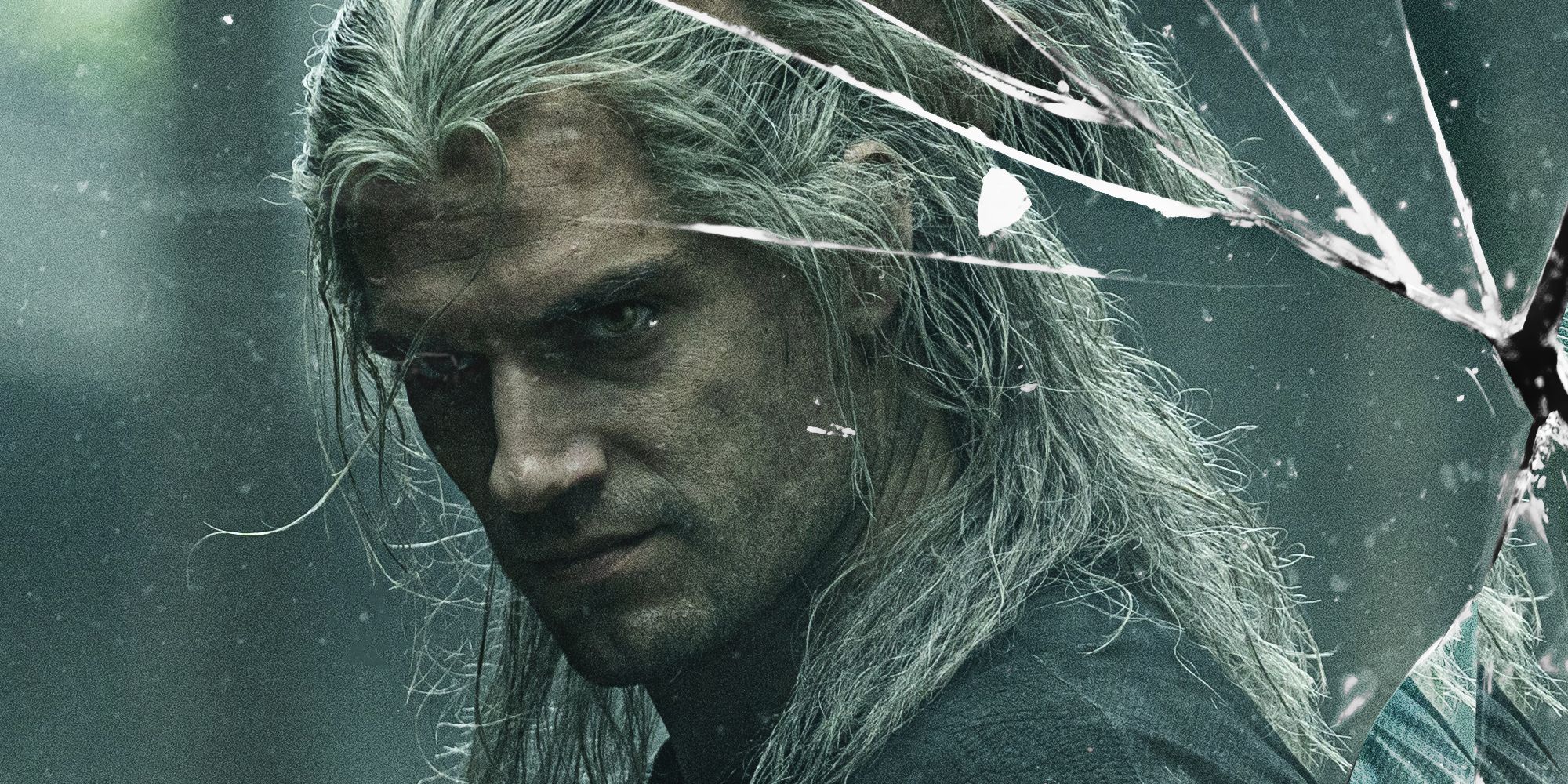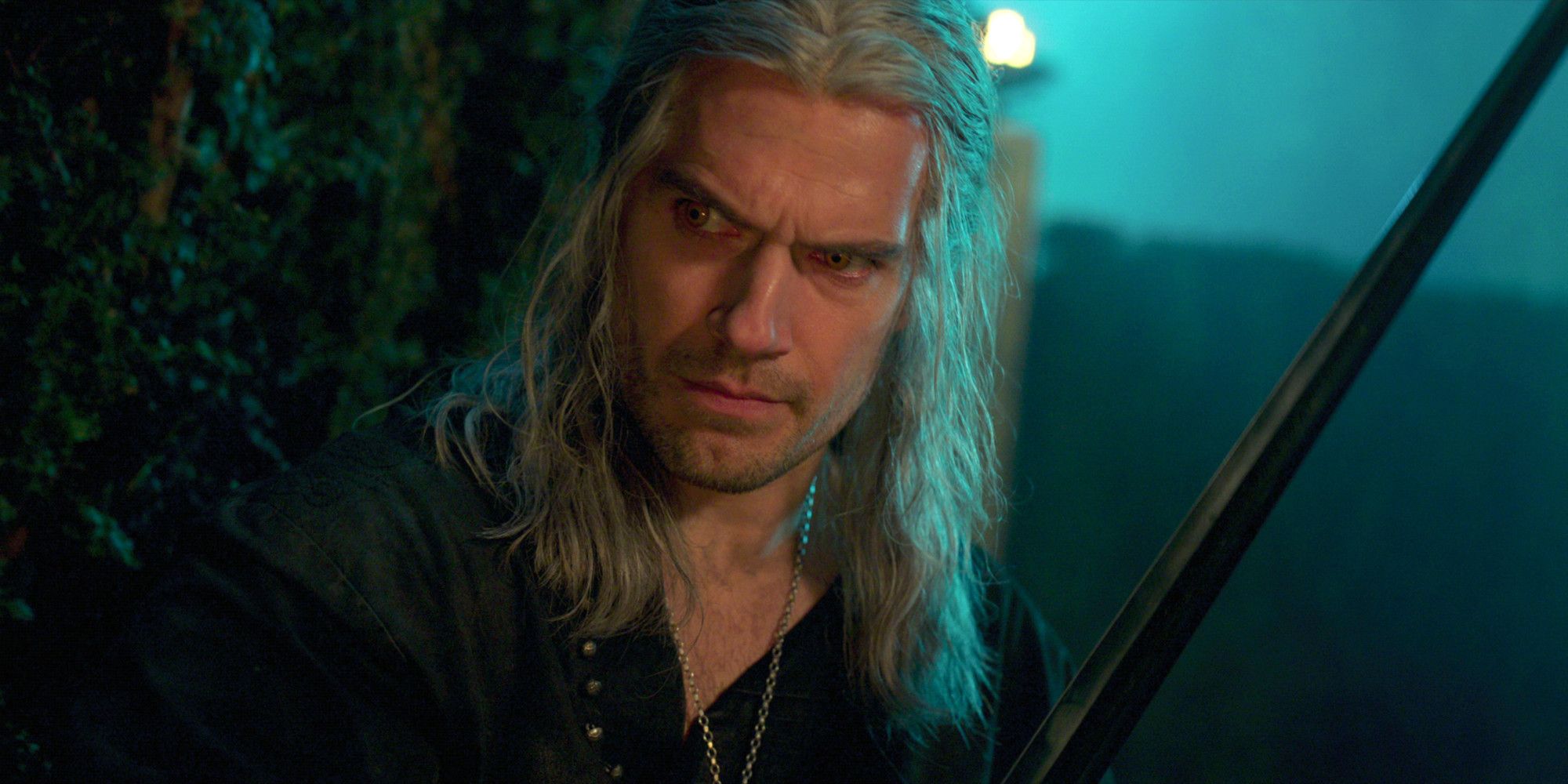Highlights
- The Witcher TV show has fallen flat and is receiving criticism from fans who feel let down by rushed plot points and ruined characters.
- The show's creators should not blame fans for not understanding the show, but rather take responsibility for failing to create something compelling and worth praising.
- The non-linear structure of the first season made it difficult to understand and undermined the adaptation's potential for a mainstream audience.
The Witcher is overrated. I feel more comfortable saying that nowadays, knowing that a diehard fan of the games won’t spring from the bushes and slit my throat in triumph. Ever since the failed launch and ongoing redemption arc of Cyberpunk 2077 and the underwhelming rollout of the Netflix adaptation, the fantasy property has undergone a stern critical re-examination.
The Witcher 2: Assassins of Kings and TW3: Wild Hunt are both great games, and I also have a soft spot for the card dealing excellence of Thronebreaker, but I’m not going to sit here and pretend the TV show was anything less than mid. When the first season premiered there was a lot of hype around it. Henry Cavill was a big enough name combined with a mainstream property the streaming service could use to create what it clearly saw as its take on Game of Thrones.
With Liam Hemsworth taking on the role of Geralt, the abysmal spin-off show Blood Origin, and a third season that rushes plot points and ruins characters, even fans who have stuck by the property for decades are starting to turn against it. What was once a bright new future for fantasy in the world of streaming television has fallen flat on its face. It could have been a lesson in humility for the creative forces behind it, but instead they’re all blaming fans for a lack of media literacy and a love of TikTok. This train of thought is absurd.
Not only should a show like The Witcher not dumb down its source material for international audiences, but it sure feels like this excuse is only surfacing in the wake of damning reviews.
This awkward discourse was nowhere to be seen when The Witcher was attracting millions of reviews and a more positive reception, and only now we’re willing to honestly tear it a new one are producers coming out of the woodwork to claim that the show is good actually, you just don’t understand it. Such a perspective is insulting and speaks to how my initial hesitancy to check out The Witcher on Netflix was more than justified.
The first season didn’t see events unfold in chronological order for some reason, which turns an already difficult to understand story into something impenetrable. Fans told me this was normal, and after you watch it a couple of times it gets easier to understand who the big players are and where the overarching narrative is going. Why did The Witcher take such an approach to begin with, though? I understand the original novels are densely complicated, and Cavill was allegedly keen to respect the source material right down to accurate dialogue or set dressing, but the point of an adaptation is to adapt something for the right audience.
You aren’t politely inviting viewers along for the ride so much as strapping them into the seat and shouting at them to sit down and pay attention. Even Game of Thrones was able to do a better job with its endless list of characters and motivations as it focused on the right parts of the original novels in ways that would satiate a mainstream audience. Yes, it fell apart by the end, but it had a far more prosperous run than The Witcher. Perhaps I’m being too harsh and should give the show a chance, but I trust hardcore fans throwing their toys out of the pram more than a producer doing interviews purely designed to throw his audience under the bus.
It doesn’t matter how densely packed a show is with lore or fascinating characters so long as you manage to present them in a compelling and digestible manner. Layers of intrigue slowly tear away as key players are introduced, and enough time has passed for us to fall for those we’re supposed to be rooting for. The Witcher managed to achieve this in spite of dismissing a linear structure, but that initial ambition has now only given way to misladen hubris.
Don’t blame fans from select regions for not understanding your art, blame yourself for failing to create something worth caring about or dolling praise upon in the first place. Who knows where The Witcher’s Netflix adaptation will go from here, but its obvious fans already want to move onto something bigger, better, and more respectful of the things they want to see.


